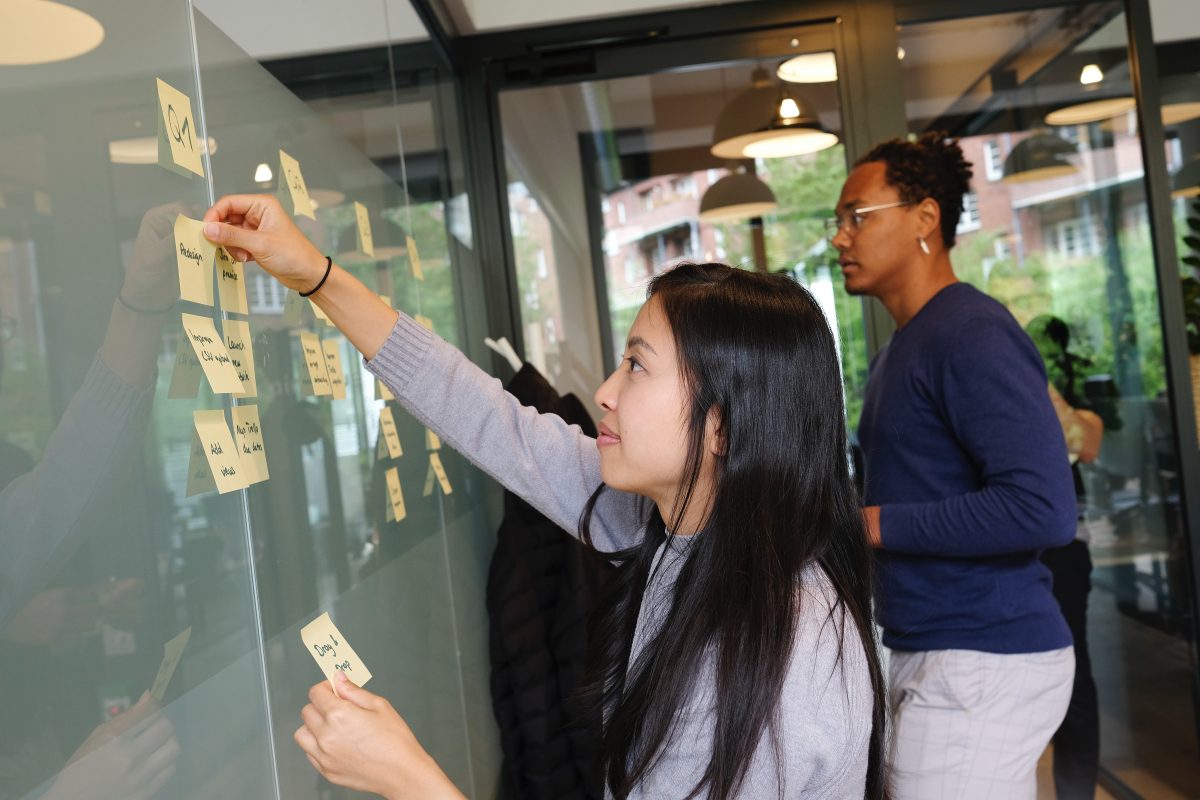Every day many thousands of practitioners are successfully helping to safeguard children. When tragedy strikes, and a child dies or is seriously harmed, there are devastating impacts for families, communities and for professionals who have done their best to protect children.
The Child Safeguarding Practice Review Panel’s role is to help make sense and learn from the most serious incidents of abuse and neglect so that we do all we can to prevent and reduce the likelihood of similar tragic incidents happening again. I have been very impressed, since becoming Panel Chair earlier this year, by the determination of safeguarding practitioners and leaders to learn from serious incidents and to consider carefully how practice might need to change.
Safeguarding children is arguably one of the most important public services. There is therefore a clear responsibility on us all to be accountable for, and reflect on our actions and decisions, challenging ourselves where necessary. That is not always easy, particularly given that commentators have sometimes been quick to attribute blame to individuals and agencies.
As new safeguarding system arrangements have evolved, so there has necessarily had to be adaptation and change in response to the new requirements. The Panel has discerned a positive shift in the way that reviews (rapid reviews and practice reviews) are moving away from an emphasis on ‘reporting about’ to ‘inquiring into and learning from’.
Similarly, statutory safeguarding partners (local authority, clinical commissioning group and the chief officer of police for the area) have been increasingly demonstrating shared tri-partite leadership whilst involving others (including schools) in local strategies for safeguarding children.
Today the Panel and the What Works Centre for Children’s Social Care (WWCSC) have published the first joint-report on the yearly reports by safeguarding partners. Working Together 2018 (WT18) requires partners to publish a report every 12 months, and to send copies of those reports to the Panel and WWCSC. These reports are an important source of learning and analysis; our report provides an overview and highlights key points for development.
The context of this first cycle of yearly reports is important in that they were produced during a period of transition from the previous Local Safeguarding Children Boards and the first six months of working in new partnership structures. As, if not more, significant have been the challenges of supporting and protecting children during a global pandemic. Work programmes have often inevitably been delayed or deferred, and activities to disseminate learning have been delivered online.
These yearly reports provide a good window into partnership working during the pandemic with many local areas citing the crisis as having had a galvanising effect on the quality of partnership working. The WWCSC and Panel’s analysis suggests moreover that yearly reports could benefit from a sharper focus on impact, evidence, assurance and learning.
Today, the Panel has also published its Annual Report for 2020, together with a commissioned report on Local Child Safeguarding Practice Reviews and Rapid Reviews. One of the key themes of our Annual Report is the need to address some of the stubborn issues (such as weak risk assessment and information sharing) that have too often impeded our ability to protect children and help families. The Panel is prioritising work to address such perennial problems during 2021-2022.
We hope that the commentary and analysis in this ‘suite’ of reports will stimulate critical reflection to help strengthen English child safeguarding practice.


